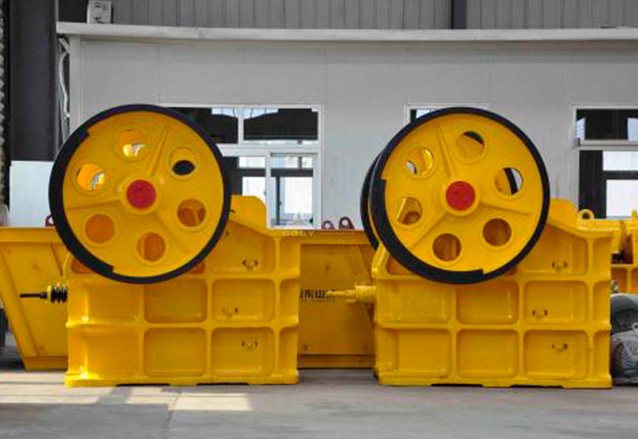


Myanmar, a country rich in natural resources, has long relied on its abundant mineral wealth to support its economic growth. However, with the rising demand for sustainable development and efficient resource utilization, the need to enhance mineral processing techniques has never been more critical. One such area that holds immense potential is the use of rock jaw crushers for coal gangue, a by-product of coal mining that has traditionally been underutilized or discarded.
Understanding Coal Gangue and Its Potential
Coal gangue, often referred to as "black gold's shadow," comprises various minerals and elements that are typically separated from coal during the mining process. This material, which includes shale, sandstone, limestone, and other sedimentary rocks, represents a significant volume of waste generated in coal mining operations. In Myanmar, where coal mining is a vital industry, the effective management and utilization of coal gangue could lead to substantial environmental and economic benefits.
The Role of Rock Jaw Crushers
Rock jaw crushers are robust machines designed to break down large rocks into smaller, more manageable sizes. They operate on the principle of applying compressive force between two jaws – one fixed and one movable – to crush the material. When it comes to processing coal gangue, jaw crushers offer several advantages:
1. Efficient Size Reduction: Jaw crushers can effectively reduce the size of coal gangue particles, making them suitable for further processing or direct use in various applications such as construction materials, fillers, or even as a low-grade fuel source.
2. Versatility: These crushers can handle a wide range of materials with varying hardness levels, including the diverse composition found in coal gangue. This versatility makes them ideal for processing different types of gangue without requiring multiple specialized machines.
3. Cost-Effective: Compared to other crushing technologies, jaw crushers have a relatively simple design and lower operating costs, making them an affordable option for small to medium-scale mining operations in Myanmar.
4. Environmental Benefits: By facilitating the reuse of coal gangue, jaw crushers contribute to reducing landfill waste and mitigating the environmental impact associated with coal mining activities. This aligns with Myanmar's growing commitment to sustainable development practices.
Enhancing Efficiency through Technological Advancements
To maximize the efficiency of rock jaw crushers in processing coal gangue, incorporating technological advancements is crucial. Here are some key areas where innovation can make a difference:
Automation and Control Systems

Integrating advanced automation and control systems can optimize the operation of jaw crushers, ensuring consistent performance and minimizing downtime. Sensors and real-time monitoring can detect issues early, allowing for preventive maintenance and reducing unplanned stoppages.
Energy Efficiency
Developing energy-efficient jaw crushers can significantly reduce operational costs and carbon footprint. Innovations such as variable speed drives and improved mechanical designs can enhance energy utilization, making the crushing process more sustainable.
Material Science
Advancements in material science can lead to the development of wear-resistant components for jaw crushers, extending their lifespan and reducing replacement frequencies. This not only saves costs but also minimizes the environmental impact of manufacturing and disposing of parts.
Integration with Other Technologies
Combining jaw crushers with other processing technologies, such as magnetic separators or screening equipment, can create integrated systems that efficiently separate valuable minerals from coal gangue, further enhancing resource recovery rates.
Policy Support and Industry Collaboration
The successful implementation of rock jaw crushers for coal gangue processing in Myanmar requires concerted efforts from both the government and the private sector. Policy measures that encourage investment in modern crushing technologies, provide incentives for sustainable practices, and promote research and development can create an enabling environment for innovation.
Furthermore, collaboration between mining companies, equipment manufacturers, and academic institutions can foster knowledge sharing and drive technological advancements tailored to Myanmar's unique needs.
Conclusion
Enhancing mineral resource efficiency through the use of rock jaw crushers for coal gangue processing presents a promising opportunity for Myanmar. By leveraging these machines' capabilities and embracing technological innovations, the country can transform a once-discarded material into a valuable resource, contributing to sustainable economic growth and environmental preservation. As Myanmar continues to navigate its path towards development, investing in efficient and sustainable mineral processing technologies will be pivotal in unlocking the full potential of its natural assets.